The Jews who were trapped in the Nazi-occupied countries incessantly sought ways to get out. Representatives of the Zionist movements in neutral Switzerland discovered that possessors of entrance visas to South America were being sent not to concentration camps but to non-citizen internment camps. Conditions were much better in these facilities than in concentration camps and, above all, inmates there were not being sent to slave-labor and extermination camps. With the help of the consuls of Honduras, Paraguay, and El Salvador in Switzerland, more than 10,000 visas were issued and sent to Poland for public personalities and intellectuals. Nathan Schwalb and Alfred Szwarcbaum managed to obtain some of them for acquaintances in Będzin. The first recipients were indeed sent to Tittmoning or Laufen (camps for men) and Liebenau (for women). The Massuah collection contains dozens of letters from applicants for visas, mainly letters that were sent to Szwarcbaum with photographs and dates of birth attached. Innumerable additional requests were sent from Poland to Switzerland, but in July 1943 representatives of the Pan-American Alliance in Switzerland torpedoed the operation on the grounds that the visas had been issued without the approval of the relevant foreign ministries and were therefore invalid. The Germans responded on December 10 by sending to Auschwitz all holders of visas who had been interned in the Vittel camp in France. A group from Będzin and Sosnowiec met the same fate: they had headed out toward the internment camps with visas in hand but were taken straight to Auschwitz. Of 10,000 visa recipients, fewer than twenty survived.
The visas affair
Massuah Exhibitions – “Destination Unknown”
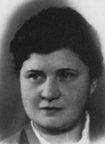
To: Anna Graubart at the Liebenau camp, also for foreign nationals
"I feel so sorry for you.
I'd like to comfort you and
to comfort you endlessly."
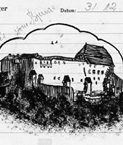
To: Motek Krzeczewo, Tittmoning camp for foreign nationals
"I just received a postcard from
Abraham […]. He asked for
my workmates’ dates of birth."

To: Andrzeja, Bedzin
"Curious to know who among
the family was at the wedding…"
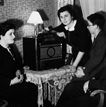
To: Anna Graubart, Laufen camp
"Today’s your birthday.
I’m sure you forgot."
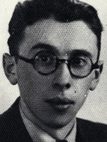
To: Alfred Szwarcbaum, Lausanne, Switzerland
"The youngest, Chana,
Nathan’s girlfriend,
was born on January 17, 1924."

To: Alfred Szwarcbaum, Lausanne, Switzerland
"My date of birth is July 22, 1897;
that of my Fajgle is May 9, 1876."
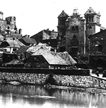
To: Heinrich Gorzkey
"I can inform you they left on June 19th ,
probably traveling to Nussbaum and Zucker."
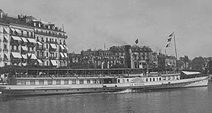
To: Hadasa Krzesiwo, camp for women foreign nationals at Liebenau, Germany
"Heartfelt regards to you from
“Artsia” and from me."
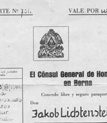
To: His wife, Chana Lasker, who is interned in the women's and children's camp in Liebenau, Germany
"Please advise Michael Lasker and
his family [...] that they have been
included on list No. 2 of Zionist
veterans designated for exchange."
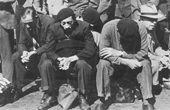
To: Her brother, Chaskel Wachtel, Salzburg
"We haven’t been meeting
with Mishtarski’s relatives."
